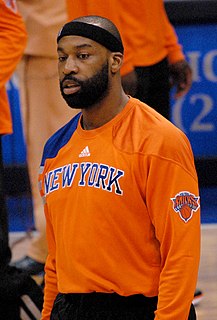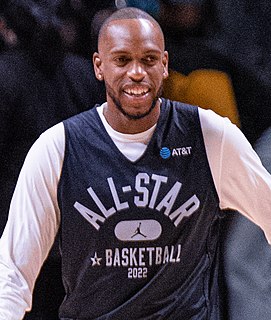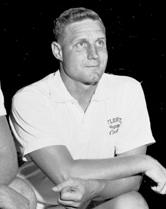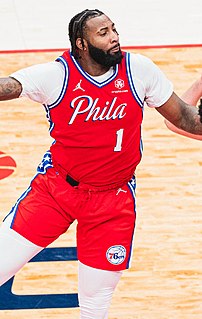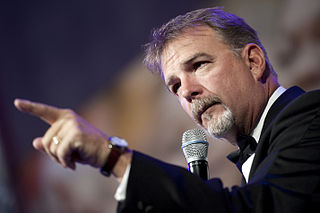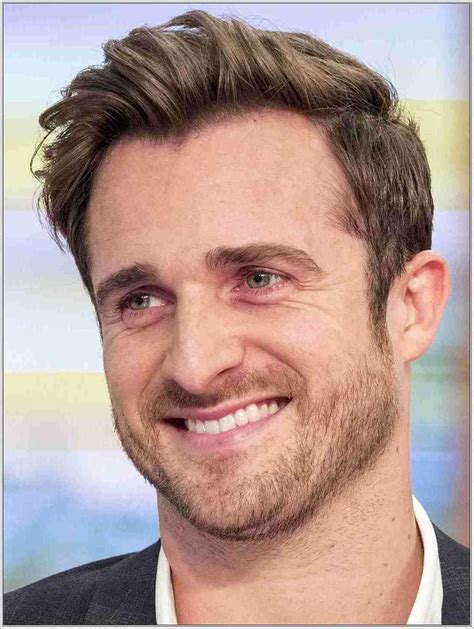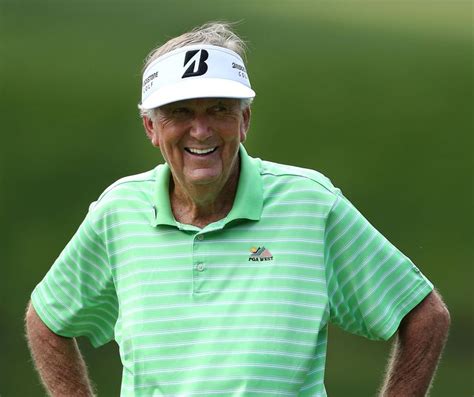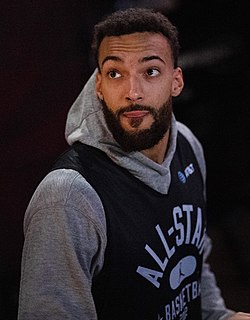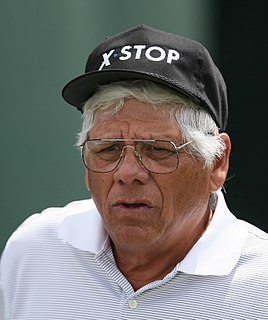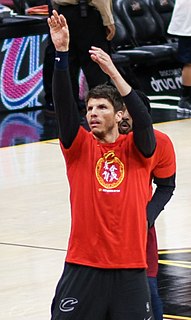A Quote by Baron Davis
I can tell by body language who wants a shot and who's going to make it and who's going to take a bad shot.
Related Quotes
You look at the inner cities and you see bad education, no jobs, no safety. You walk to the grocery store with your child and you get shot. You walk outside to look and see what's happening, and you get shot. In Chicago 3,000 people have been shot since January 1st. I am not going to let that happen.
Every shot feels like the first shot of the day. If I'm on the range hitting shot after shot, I can hit them just as good as I did when I was 30. But out on the course, your body changes between shots. You get out of the cart, and you've got this 170-yard 5-iron over a bunker, and it goes about 138.
I think one of the things you have to be aware of as an actor is that if you come on the set and see the director standing there mouthing all the words while a scene is going on, that's usually a very bad sign because it means the director has already shot the scene in his head. He knows exactly the rhythm and the nuances that he wants delivered in the line and you're not going to dissuade him.
